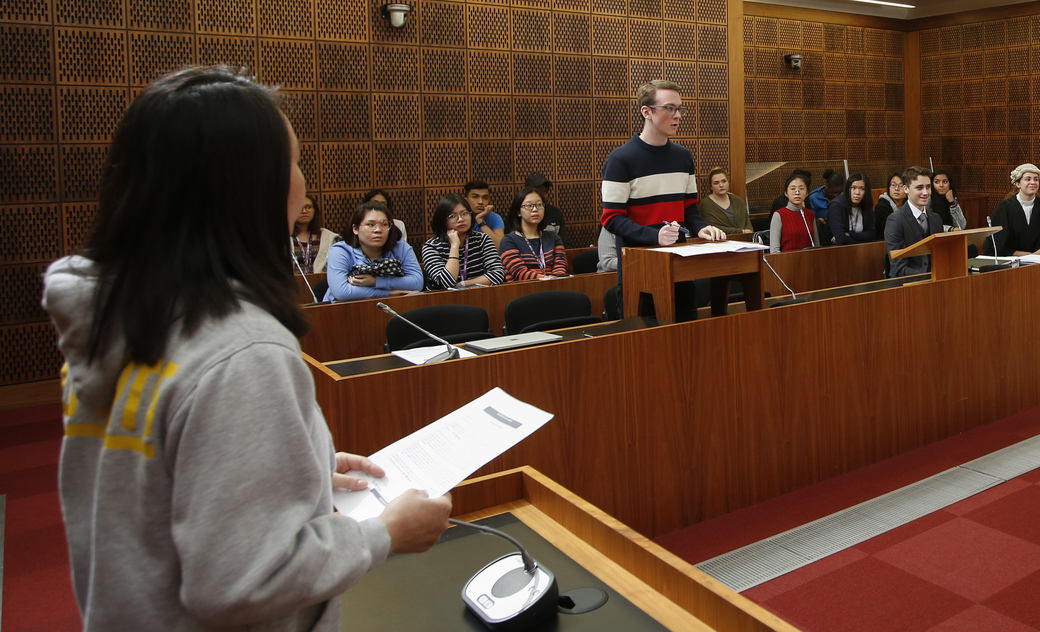Restorative Justice
Restorative justice helps repair the emotional harm caused by crime
It gives victims a voice and helps offenders understand the impact of their behaviour. Working alongside the criminal justice system, it involves trained facilitators opening up communication between victims and offenders, helping to achieve a sense of closure and reduce the risk of reoffending.
What does the course involve?
This is a new course running in collaboration with Hertfordshire Beacon Victim Care Centre. It takes you through the restorative justice process, explaining how it works and its significance within today’s criminal justice system. If you choose, you can take this further by training to become a Beacon volunteer.
How does it build on my degree studies?
You’ll gain an in-depth insight into one of the leading approaches in modern criminal justice, seeing first-hand just how effective it can be. If you decide to become a Beacon volunteer – you’ll have the opportunity to earn an extra qualification in restorative justice, adding a new dimension to your CV.
What new skills will it give me?
You’ll strengthen your ability to listen and be empathetic to people in all kinds of complex situations, as well as learn to be diplomatic, non-judgemental and non-confrontational. These are incredibly useful skills and experiences whatever career you move into, and particularly within the legal and criminal justice world.
How can it help me open new doors?
This course sees you working alongside professionals in restorative justice. You’ll be building your professional network, discovering new career possibilities and gaining experience that helps you stand out.
